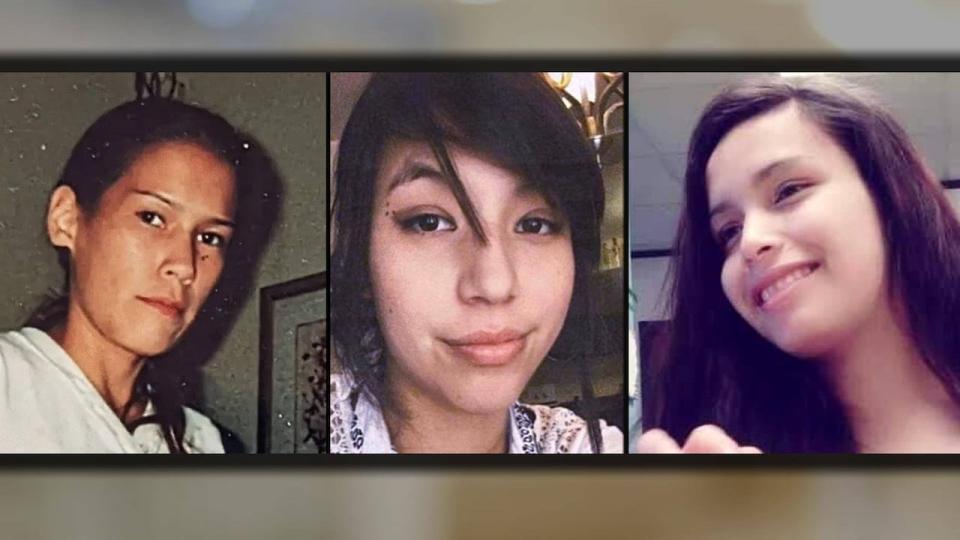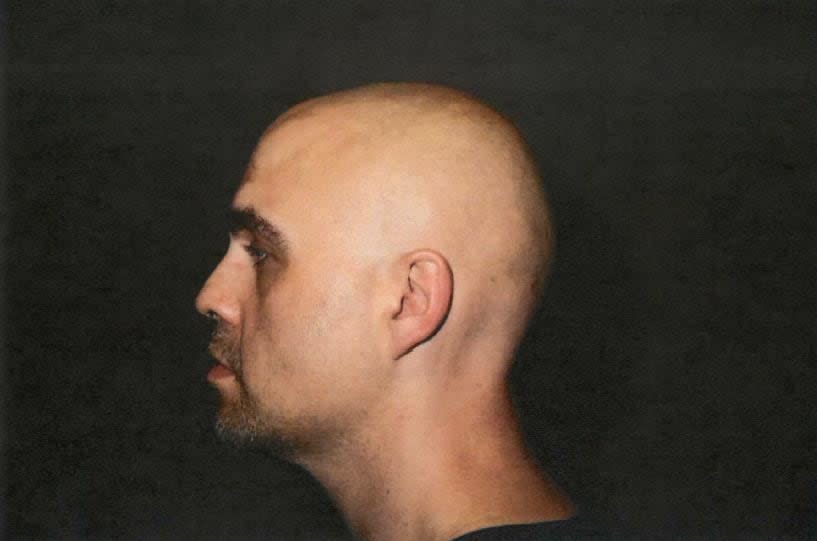Winnipeg serial killer motivated by delusions caused by schizophrenia, U.K. forensic psychiatrist testifies

WARNING: This story contains distressing details.
The forensic psychiatrist enlisted by defence lawyers to assess Jeremy Skibicki 's mental state says the admitted Winnipeg serial killer was motivated by delusions and psychotic symptoms caused by schizophrenia when he killed the four women whose deaths he's on trial for.
The diagnosis was made following two assessments by Dr. Sohom Das — one in September 2022 and another in April 2024 — that the U.K.-based psychiatrist said revealed Skibicki "appeared to be overwhelmed with a strong belief" that his victims "were in some way impure," which he felt was revealed to him through God.
"He believed that if the victims were subservient to God, they would be saved from going to hell and it would be more likely that they would go to heaven," Das told court Tuesday.
"He informed me that he believed that if they were not subservient to God, he felt compelled to physically destroy them."
Das is testifying in Skibicki's trial for first-degree murder in the deaths of three First Nations women — Rebecca Contois, 24, Morgan Harris, 39, and Marcedes Myran, 26 — and a fourth, unidentified woman community leaders have given the name Mashkode Bizhiki'ikwe, or Buffalo Woman, who police have said they believe was Indigenous and in her 20s.
Skibicki has pleaded not guilty.

Left to right: Morgan Harris, Marcedes Myran and Rebecca Contois. Skibicki is charged in their deaths and in the death of an as-yet unidentified woman who has been given the name Mashkode Bizhiki'ikwe, or Buffalo Woman, by community leaders. (Submitted by Winnipeg Police Service and Darryl Contois)
Defence lawyers argue he should be found not criminally responsible in the women's deaths due to a mental disorder, while prosecutors say the killings were intentional and racially motivated.
Skibicki believes actions were morally right: psychiatrist
Das testified Skibicki told him he repeatedly performed sex acts on the women's bodies because he believed he needed "to sanctify the body."
The psychiatrist said Skibicki also told him he had a "special power" that allowed him to determine whether the women were subservient to God before killing them by having sex with them — all of which Das testified indicated various delusions.
Skibicki also said before killing all four women, he heard voices of angels, the Holy Spirit or God, "and in all cases, they encouraged him directly to commit the killings," Das said, adding Skibicki's medical history suggests he had been hearing voices for years prior.
He said though Skibicki realized what he'd done was illegal — which is why he took action to dispose of the women's remains without being detected — he thought his actions were morally right.
"I asked him whether he thought he was doing the right thing, both at that time and now, and he replied, 'I was absolutely doing the right thing. It was a mission from God. I'm very clear on this."

A police photograph shows Jeremy Skibicki in custody, following his May 2022 arrest. He has pleaded not guilty to first-degree murder in the killings of four women. (Manitoba Court of King's Bench)
Das also said when asked for a possible explanation for his behaviour, Skibicki said he didn't agree with his lawyers' suggestions that he's mentally ill.
Court also heard details from Skibicki's medical history and child welfare files, which detail episodes of aggression, self-harm and multiple suicide attempts, some dating back to when Skibicki, now 37, was a teenager. There were also reports he was abused by his parents, court heard.
Prosecutors allege that Skibicki preyed on vulnerable Indigenous women at Winnipeg homeless shelters, killing four in 2022 and throwing their remains in the garbage.
He was charged after unexpectedly confessing to the killings during a police interview, following the discovery of Contois's partial remains in garbage bins near his apartment.
Court heard Crown prosecutors also had Skibicki's mental state assessed by their own expert, who is expected to testify following Das. The U.K.-based psychiatrist is expected to continue testifying later Tuesday.
The judge-alone trial before Manitoba Court of King's Bench Chief Justice Glenn Joyal in Winnipeg began hearing evidence on May 8.
The trial resumed Monday after a pause following the conclusion of the Crown's case on May 22.
Support is available for anyone affected by these reports and the issue of missing and murdered Indigenous people. Immediate emotional assistance and crisis support are available 24 hours a day, seven days a week through a national hotline at 1-844-413-6649.
You can also access, through the government of Canada, health support services such as mental health counselling, community-based support and cultural services, and some travel costs to see elders and traditional healers. Family members seeking information about a missing or murdered loved one can access Family Information Liaison Units.


